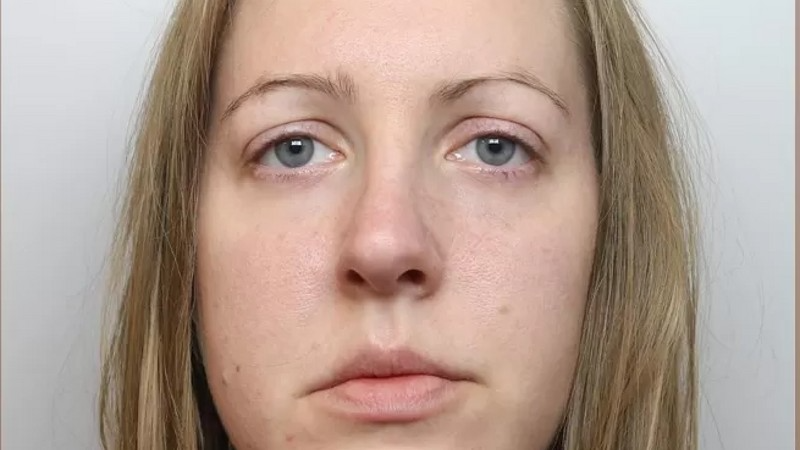Lucy Letby, a former nurse at the Countess of Chester Hospital in the United Kingdom, has been sentenced to life imprisonment for the murders of seven infants and the attempted murders of six others. This sentence makes her one of only four women in modern UK history to receive a whole-life order, the most severe form of punishment under British law, reserved for particularly heinous crimes.
The Case Unfolds
The conviction came last week, when Letby, 33, was found guilty of injecting babies with air, force-feeding some with milk, and administering a poisonous amount of insulin to two. These crimes took place between 2015 and 2016 on the neonatal ward at the Countess of Chester Hospital.
During the sentencing hearing at Manchester Crown Court, Letby opted not to appear in the dock. According to reports, the presiding judge, Mr Justice Goss, characterized her actions as “truly horrific,” citing the “cruelty and calculation” involved.
A Breach of Trust
The judge pointed out the unsettling nature of Letby’s crimes, stating, “You acted in a way that was completely contrary to the normal human instincts of nurturing and caring for babies and in gross breach of the trust that all citizens place in those who work in the medical and caring professions.”
In a search of Letby’s home, authorities found handover sheets relating to all but the first four victims, which Justice Goss believed she kept as “morbid records.” He added, “There was a malevolence bordering on sadism in your actions.”
Questions Around Remorse
Throughout the trial, Letby consistently denied responsibility for her actions, showing no signs of remorse. This raises concerns about the ability of health systems to recognize malevolent actors within their ranks, a question that extends beyond the borders of the UK. “You have no remorse. There are no mitigating factors,” Justice Goss noted.
The judge also stated that Letby would receive copies of his remarks along with the personal statements of the parents of the victims, a step towards some form of closure for the families affected by her actions.
Lasting Impact
The life imprisonment of Lucy Letby reverberates not only through the legal community for its rarity but also poses challenging questions for healthcare providers. Trust, often taken as a given in medical settings, has been profoundly shattered, demanding introspection from medical institutions about how such grave breaches can be prevented in the future.
While the sentence closes a harrowing chapter in UK criminal history, it leaves a lingering discomfort, urging society to grapple with the vulnerabilities within systems designed to heal and protect.














